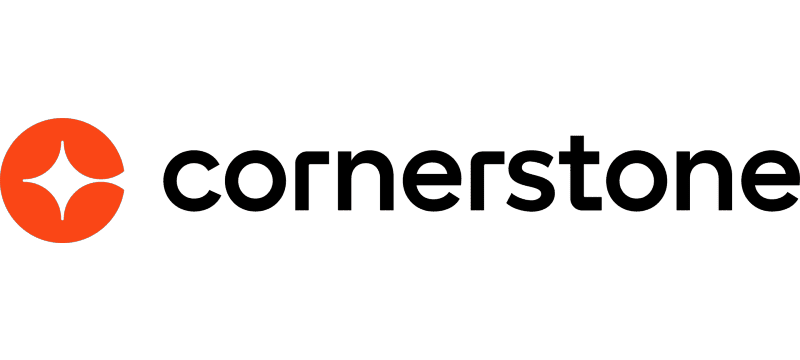Top Talent Trends for 2023: A Race Against Time?
Talent trends are changing at pace - what is the risk if organizations fail to keep up?
Discover the 'must do' actions versus the 'nice to have' that will help you harness top talent and their potential.



It’s safe to say the world keeps changing at pace (!) and with it, so do the trends hitting talent and the challenges HR needs to tackle on a daily basis.
New research shows the importance of skills overtaking organizational performance and profitability for the first time ever. And the clock is ticking on getting your talent strategy right for 2023 and beyond.
Exploring the exciting new options and hearing how organizations are harnessing areas like internal talent marketplaces, learning communities, upskilling and reskilling initiatives is important. But with mounting pressure on recruitment, retention and the scarcity of top talent, it’s business critical to determine where your priorities lie in delivering a talent experience that makes a difference.
UNLEASH was thrilled to host this debate with Cornerstone’s Dominic Holmes and Charlotte Benoit, on the talent trends that will make a difference in the next 12 months and feed into new insights on the future of talent.
Download the webinar to hear our panelists:
- Discuss the biggest pain points in today’s talent market and new tools and tactics you can consider
-
Explore how you can better align your talent program with the needs of the business?
- Discover the key components your organization really needs for its future talent strategy.
New research by Fosway Group demonstrates how skills are now overtaking organizational performance and profitability for the first time ever.
Meanwhile, Cornerstone’s newly published report delves into this new skills terrain in more detail. It highlights 9 key talent trends for 2023 and fleshes out the landscape and drivers behind these trends.
Have you honed your talent strategy for 2023 yet? We know that you know that getting it right at the start of year is of paramount importance, and we are on hand to help.
The webinar kicked off with an overview of the global talent marketplace. The biggest pain point to date is, unsurprisingly, the ongoing skills shortage facing organizations – and in some cases, whole industries. There are also lots of big picture changes happening in the world. The question here is how is that affecting the demand on talent?
Our panel had plenty of insights and some sage advice on how organizations can prepare themselves for the future of work.
HCM
Our panelists summarized the three top trends concerning Human Capital Management (HCM) namely 1. Predicting tomorrows skills 2. Tighter alignment and 3 Better retention programs.
Tech can always help with the heavy lifting but, according to this report, it’s important to remember that learning starts with content.
A super trend in HCM is to do with repositioning content as a strategic enabler. When it comes to the future of work, content is fast becoming a crucial part of the overall solution.
Content
This is where you should brace yourself for some very interesting statistics.
When it comes to popular content, DEIB, Health and Wellbeing and Sustainability are taking center stage. So much so in fact that Cornerstone calculated a 100% increase in consumption of sustainability content, a 140% increase in the consumption of health and wellbeing and a staggering almost 800% increase in the consumption of DEIB content.
Those three headline topics started off as good business practice. What’s changing here is that they are combining with the learning agenda to provide real solutions that will ultimately give your organization a competitive advantage.
While sustainability is becoming a big part of corporate decision making, DEIB is seeing the biggest uptake.
The importance of looking at data – especially content data – is that it is a solid indicator of how and where skills and capabilities are going to need to be built in your organization.
A lot of my time is essentially spent answer two questions: Why this, why now? – Dominic Holmes, Principal, Strategy and Value, EMEA, Cornerstone
Learning
Our panelists talked about using learning to embrace disruption. They outlined three more trends related to learning, namely, 1. Compliance & Agility 2. Sharing is Engaging and 3. Smarter Onboarding with a Sharing Capability.
The potential of getting to grips with ‘learning’ is prolific and limitless. To learn more and hear our panelists flesh out these three key trends around learning, watch on-demand now.
The world of work is becoming more complicated because we are having to reskill more due to constant change and deepening complexity.
And that is only set to increase.
Social movements directly impact businesses today and we are going to need to build resilience to adapt better. Which is why it is so important to have a flexible and adaptable business model. That flexibility and adaptability is defined by how we work, how we get things done and how we remain productive.
The future is getting harder to predict and all of us are going to have to navigate this uncertain, ever evolving business terrain in the years to come. By investing in skills, finding the right talent, making the right hires, organizations will be better equipped to compete in the future.
